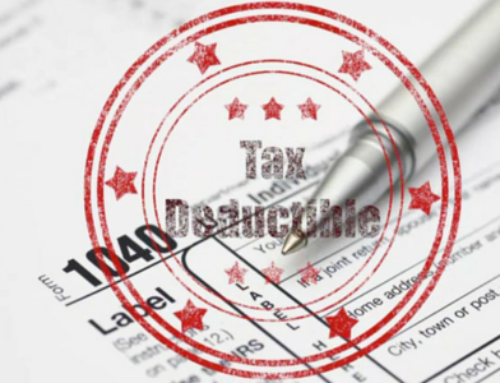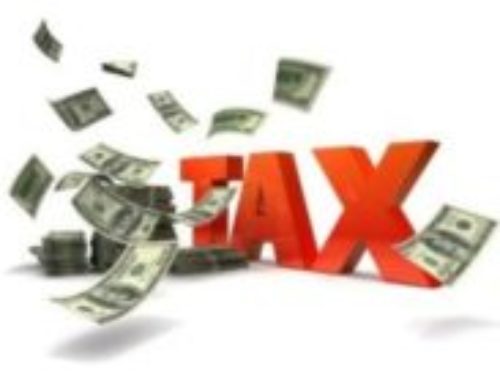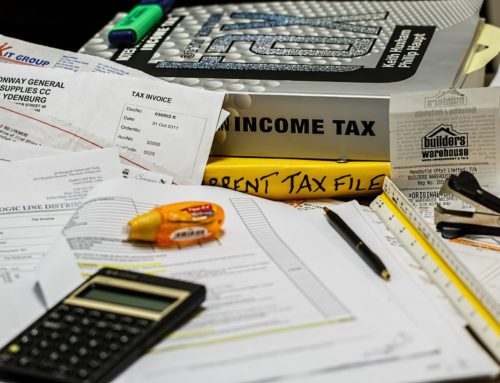There are a number of strategies you can utilize to decrease your federal income tax bill, but some of them need to be exercised before December 31.
- Decrease taxable income with contributions
Although you have until April 15 to contribute to your IRA for the previous tax year, you must contribute to your 401k or Health Savings Account (HSA) by December 31 to be included in that year’s taxes. All three contributions reduce your taxable income and grow tax free. HSAs allow tax-free withdrawals for qualified medical expenses, but after age 65, money can be withdrawn for any purpose tax free. Maximum allowable contributions vary based on age and family status, which a qualified tax advisor can identify for your personal situation.
At age 70 ½, a required minimum distribution (RMD) from your IRA or 401k must be taken to avoid a hefty penalty. If you don’t need the RMD to maintain your standard of living, consider having it sent directly to a charity of your choice as a qualified charitable distribution. The money will not increase your gross income and you’ll be helping a worthy cause.
- Delay receiving income
If your tax bracket will be the same or lower next year, see if you can get your end-of-year bonus delayed to the following calendar year. If you’re considering buying mutual funds, talk to your financial advisor to find out when distributions are made. Getting a distribution in the last couple months of the year may increase your taxes. Delay that financial purchase until the new year, if you can.
- Offset gains with losses
If some stocks did well while others lost money, sell the losers and take a loss that will offset your gains and up to $3,000 of other income. In addition, losses can be rolled over to the next year and to future years indefinitely. Just be sure to avoid purchasing the same stock or substantially similar stock within 30 days or you will nullify your deduction.
- Accelerate tax deductions
The standard tax deduction is generous for most people: over $12,000 for a household. Be sure to check the standard deduction for your situation, but if you’re close to that level in itemizable expenses, consider bunching more into one year to receive some benefit from itemization. Pay property tax bills, medical bills, and other itemizable bills due in the beginning of the next year ahead of time, make more charitable contributions, etc. This way you will get a greater tax deduction this year. Then next year, when you have fewer itemizable expenses, you’ll still get the standard deduction.
A word of caution
Watch your alternative minimum tax. If you are so efficient reducing your taxes that you go below this number, you’ll still get hit, and you may have wasted some strategies that could have been saved for the following year. Again, a qualified tax advisor can help you watch that bottom line. If you have any questions about how to minimize your tax bill, give us a call. We’d love to help.





